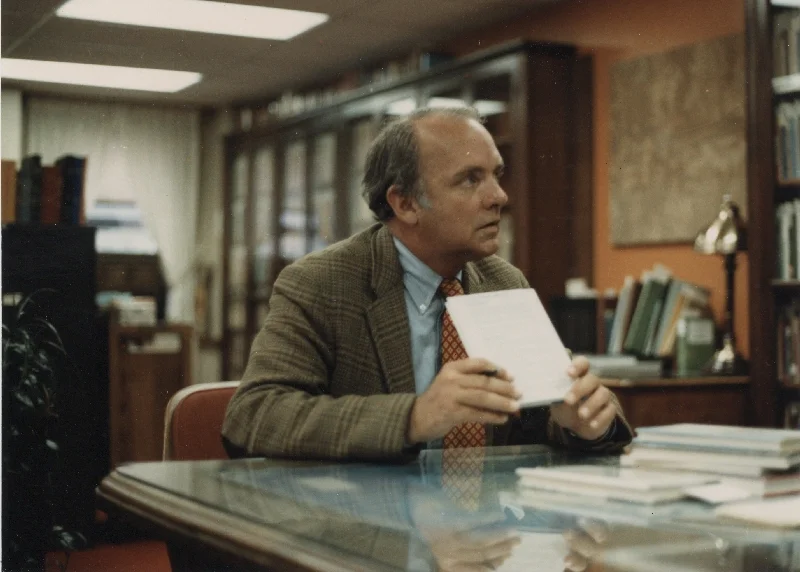Sinners as Saints
In his outstanding book, The Book of Buechner, Dale Brown comments on Buechner’s theme of grace – in the most unlikely people and places – that permeates his writings: “Buechner’s claim as a novelist is to demonstrate the flow of grace in a world unaware of or resistant to its operation, the grace of God in all the mire of worldly day-to-dayness. Buechner’s more recent work articulates such an idea in characters like the fumbling Leo Bebb of the Bebb novels, in the rascal Tobit of On the Road with the Archangel, and the burdened Kenzie Maxwell of The Storm. Bebb and the others embody the proposition that grace can work in even the least likely vessels.” And referring to Bebb specifically: “Is it possible that the unlikeliest of vessels, the obvious shyster, that round ball of contradictions and failings, could function as an instrument of grace?” Brown comments similarly on Buechner’s Pulitzer Prize nominated Godric: “For Godric, ‘nothing human’s not a broth of false and true,’ a line I early on understood as pivotal to both Buechner’s novelistic career and his theological position.”
Buechner is at his best when he states the not-so-obvious. Who else could write, "Of the Seven Deadly Sins, anger is probably the most fun"? But more than mere provocateur, his wry observations eventually lead you to conclusions that are at once foreign and familiar. Consider, for example, his take on saint from Secrets in the Dark: “The truth, of course, is that holiness is not a human quality like virtue. If there is such a thing at all, holiness is Godness and as such is not something people do but something God does in them, if there is such a thing as God. It is something God seems especially apt to do in people who are not virtuous at all, at least not to start with. Think of Francis of Assisi or Mary Magdalene. Quite the contrary. If you're too virtuous, the chances are you think you are a saint already under your own steam, and therefore the real thing can never happen to you.
Leo Bebb was not an Eagle Scout. He ran a religious diploma mill and ordained people through the mail for a fee. He did five years in the pen on a charge of indecent exposure involving children. He had a child by the wife of his twin brother. But he was a risktaker. He was as round and fat and as full of bounce as a rubber ball. He was without pretense. He was good company. Above all else, he was extraordinarily alive - so much so for me anyway that when I was writing about him I could hardly wait to get back to my study every morning. That's when I began not only to see that he was a saint, but to see also what a saint is. A saint is a life-giver. I hadn't known that before. A saint is a human being with the same sorts of hang-ups and abysses as the rest of us, but if a saint touches your life, you become alive in a new way.”
